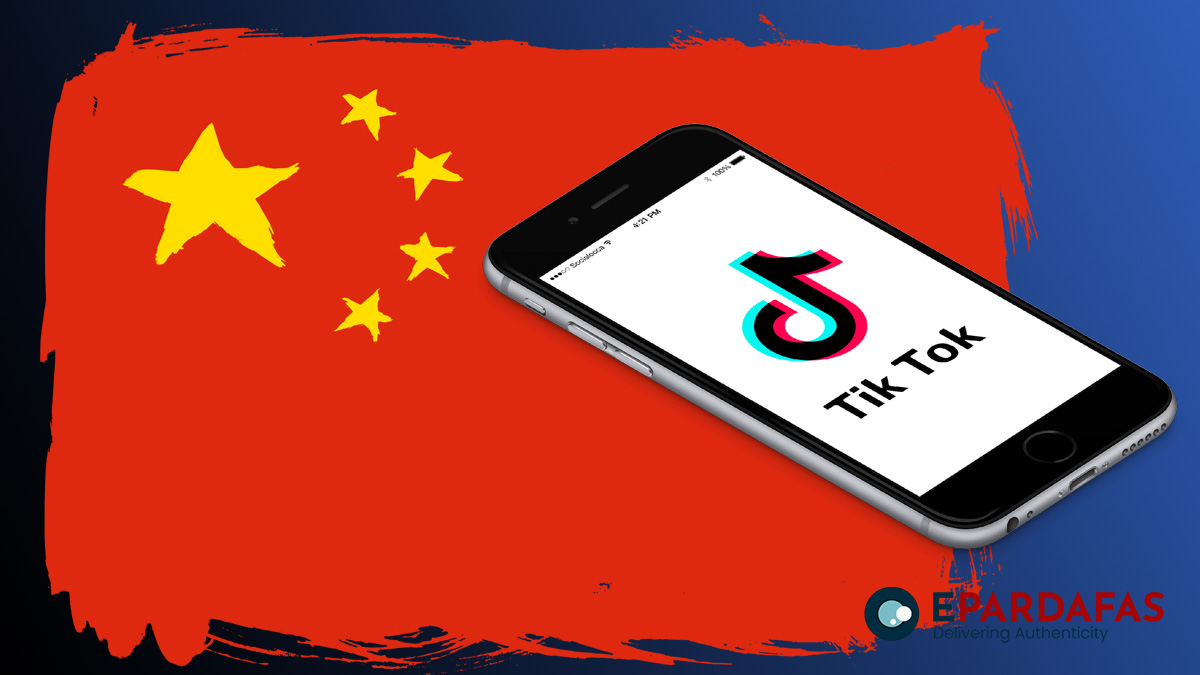
TikTok Accused of Promoting Pro-China Content to Influence Users: NCRI Report
A recent report by the Network Contagion Research Institute (NCRI), based in New Jersey, has raised concerns about TikTok’s role in promoting pro-China content to influence users in the United States. The 32-page report, titled The CCP’s Digital Charm Offensive: How TikTok’s Search Algorithm and Pro-China Influence Networks Indoctrinate GenZ Users in the United States, offers a detailed analysis of how the social media platform’s algorithms may be shaping user perceptions in favor of the Chinese Communist Party (CCP).
The NCRI’s findings suggest that TikTok is not merely a platform for entertainment but also a tool that amplifies pro-CCP content while suppressing narratives critical of the Chinese government. This report highlights the potential for social media platforms to influence public opinion and shape geopolitical perceptions, particularly among younger users in the United States.
Amplification of Pro-CCP Content on TikTok
According to the report, TikTok’s algorithms consistently promote content that aligns with pro-CCP views, often originating from state-linked entities, including media outlets and influencers. The report cites survey data indicating a significant shift in user attitudes towards China, especially among heavy TikTok users, which suggests that the platform is effectively indoctrinating its audience with a pro-CCP perspective.
The report further claims that TikTok is actively suppressing content critical of China, thereby limiting the reach of anti-CCP narratives. This suppression is most evident when comparing TikTok to other social media platforms like Instagram and YouTube. The data reveals that TikTok has the lowest proportion of anti-China content among the three platforms, with pro-China and irrelevant content dominating the search results.
Case Studies: “Tiananmen,” “Tibet,” and “Uyghur”
The NCRI report provides specific examples to illustrate how TikTok’s search algorithm favors pro-China content. For instance, a search for “Tiananmen” on TikTok yields 26.6% pro-China content, compared to 16.3% on Instagram and just 7.7% on YouTube. Meanwhile, anti-China content constitutes 64.6% of search results on YouTube and 56.3% on Instagram, but only 19.6% on TikTok.
A similar pattern is observed with the search term “Tibet.” TikTok reportedly contains the highest proportion of pro-China content and the lowest proportion of anti-China content among the three platforms. The analysis shows that while neutral content remains relatively consistent across platforms, TikTok systematically amplifies flattering or distracting content to overshadow the limited anti-China coverage available on the platform.
The search term “Uyghur” presents an even more stark contrast. Anti-China content makes up only 10.7% of TikTok’s search results, compared to 19% on YouTube and a striking 84% on Instagram. In contrast, pro-China content on TikTok accounts for 17% of search results, compared to 2.7% on Instagram and 49.2% on YouTube. Although YouTube shows a higher proportion of pro-China content for this term, the NCRI report attributes this to the strategic cultivation of pro-China media assets that have managed to dominate search results through grassroots-level influence.
Influence of CCP Media on YouTube
The report also sheds light on the influence of official and semi-official CCP media sources on platforms like YouTube. On YouTube, four of the top five most active accounts in search results related to China—CGTN, South China Morning Post, ShanghaiEye, and CCTV Video News Agency—are either official or semi-official CCP media sources. These accounts, which collectively boast an 8 million-strong subscriber base, generate nearly 40% of all pro-China content on YouTube and 21.7% of all content retrieved for the search term “Xinjiang.”
This dominance by CCP-linked media on YouTube exemplifies what the NCRI describes as “bottom-up influencing,” where pro-China narratives are strategically promoted to influence user perceptions at a grassroots level. The report highlights how these media sources have effectively leveraged YouTube’s platform to amplify their messages, raising concerns about the potential for similar strategies to be deployed on TikTok.
Implications for U.S. Users and National Security
The NCRI’s findings have significant implications for the ongoing debate about TikTok’s influence in the United States, particularly regarding national security concerns. The report underscores the need for greater scrutiny of TikTok’s content moderation practices and its potential role as a tool for foreign influence.
As TikTok continues to grow in popularity, especially among Gen Z users, the NCRI’s report raises critical questions about the platform’s role in shaping political and cultural attitudes in the United States. The amplification of pro-CCP content and the suppression of critical narratives on TikTok may not only influence public opinion but also have broader implications for U.S.-China relations.
The report calls for further investigation into TikTok’s algorithms and content moderation practices to ensure transparency and prevent the platform from being used as a tool for foreign influence. As social media continues to play a central role in information dissemination, the findings of the NCRI report highlight the importance of safeguarding the integrity of online platforms against potential manipulation by state actors.













Comments